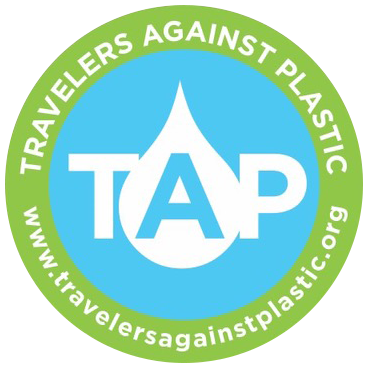Kishoka Youth Community Based Organization
This project is an expansion of Kishoka’s plastic management project with an aim of restoring five critical turtle nesting beaches in the area. Students and community members will be trained and mentored through waste segregation processes, creation of products like bangles, stools, and connect with recyclers like Kwale Plastic Plus to purchase their excess plastics, rubber, and glasses collected. Since its establishment, the plastic project has been able to educate, engage and empower the community members around Mtongwe on ways of reducing and redesigning plastic waste. We have collected more than 90 tons of waste through beach cleanups and terrestrial cleanups in the area in partnership with the county and national government of Kenya that granted us a one and half acre piece of land to do recycling of the waste collected. Additionally, we have engaged 10 youth groups of waste pickers whom we work with hand in hand in order to dispose waste at the credited dumpsite.
This grant will help expand Kishoka’s activities to the whole of Likoni Sub-County on turtle nesting beaches. In each site, two learning institutions and 2 women and youth led CBOs will be engaged. The students and community members will be trained and mentored through waste segregation processes, creation of artefacts like bangles, stools etc. and also connected with recyclers like Kwale Plastic Plus to purchase their excess plastics, rubber and glasses collected. The project will establish plastic collection points in each site and provide the community members with basic clean-up materials and transport for their wastes besides marketing their created products. Capacity building activities will be provided through interactive indoor lectures and active practical sessions in the field. Education and awareness materials (banners, charts, brochures) will also be produced and shared with them to enhance their environmental ambassadorial activities. Creation of handicrafts and sell of the excess litter will boost the local communities’ household income and creating an alternative livelihood than the current reliance on tourism and fishing activities.

